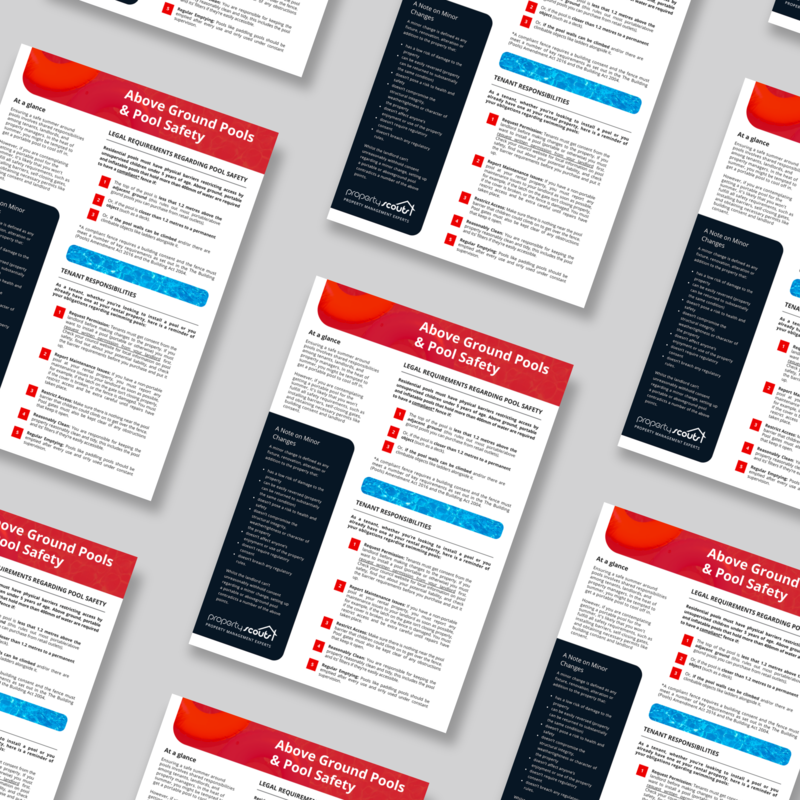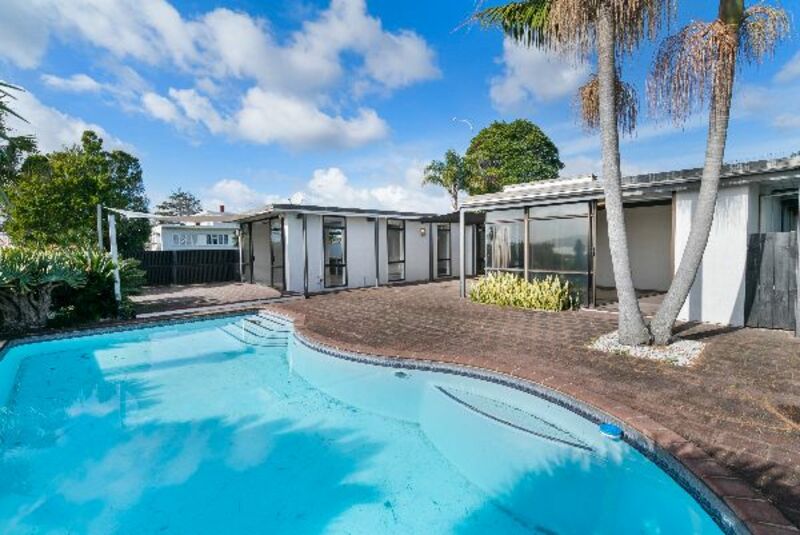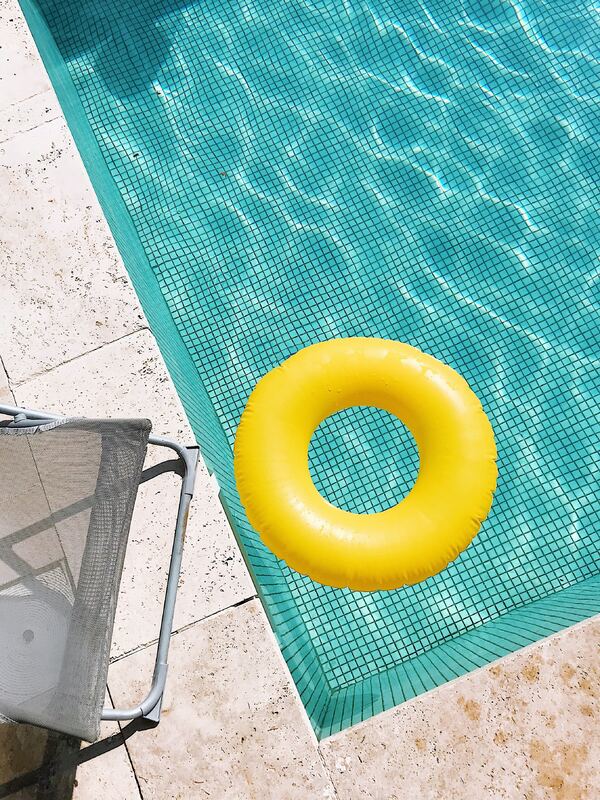A Guide to Portable & Above-Ground Pool Requirements and Safety
Ensuring a safe summer around pools involves shared responsibilities among tenants, landlords, and property managers.
In the heat of summer, you might be tempted to get a portable pool to cool off in. However, if you are contemplating getting a portable pool for the summer, it's likely that you won't fulfill all safety requirements, such as installing barriers, self-closing gates, and obtaining necessary permits like building consent and landlord consent.

Legal Requirements Regarding Pool Safety
Residential pools must have physical barriers restricting access by unsupervised children under 5 years of age. Above ground, portable and inflatable pools that hold more than 400mm of water are required to have a compliant* fence if:
- The top of the pool is less that 1.2 metres above the adjacent ground (this rules out most portable/above gound pools you can purchase from retail outlets).
- Or, if the pool is closer than 1.2 metres to a permanent object (such as a deck).
- Or, if the pool walls can be climbed and/or there are climbable objects like ladders alongside it.
*A compliant fence requires a building consent and the fence must meet a number of key requirements as set out in the The Building (Pools) Amendment Act 2016 and the Building Act 2004.
Tenant Responsibilities Regarding Pool Safety
As a tenant, whether you’re looking to install a pool or you already have one at your rental property, here is a reminder of your obligations regarding swimming pools:
- Request Permission: Tenants must get consent from the landlord before making changes to the property. If you want to install a pool (portable or otherwise) you must request written permission from your landlord first. Check your council website for local information on pool safety, find out about your potential liability, and check the barrier requirements before you purchase and put it up.
- Report Maintenance Issues: If you have a non-portable pool at your rental property, you must report any maintenance issues to your landlord as soon as possible, for example, if the latch on the gate isn’t closing properly, if the cover is broken, or the fence is damaged. You must restrict access and be extra careful until repairs have taken place.
- Restrict Access: Make sure there is nothing near the pool barrier that children could climb on to get over the fence. Pool gates must also be kept clear of any obstructions that keep it open.
- Reasonably Clean: You are responsible for keeping the property reasonably clean and tidy, this includes the pool and its’ filters if they’re easily accessible.
- Regular Emptying: Pools like paddling pools should be emptied after every use and only used under constant supervision.
A Note on Minor Changes...
As mentioned above, tenants must request written consent from the landlord before making changes to the property (this includes setting up a portable pool). Under the Residential Tenancies Act, tenants can ask to make changes to the rental property and landlords must not decline if the change is minor.
A minor change is defined as any fixture, renovation, alteration or addition to the property that:
- has a low risk of damage to the property
- can be easily reversed (property can be returned to substantially the same condition)
- doesn’t pose a risk to health and safety
- doesn’t compromise the structural integrity, weathertightness or character of the property
- doesn’t affect anyone’s enjoyment or use of the property
- doesn’t require regulatory consent
- doesn’t breach any regulatory rules.
Whilst the landlord can’t unreasonably withhold consent regarding a minor change, setting up a portable or aboveground pool contradicts a number of the above points (such as the requirement for regulatory consent, health and safety risk, and the potential to cause irreversible damage to the property).


